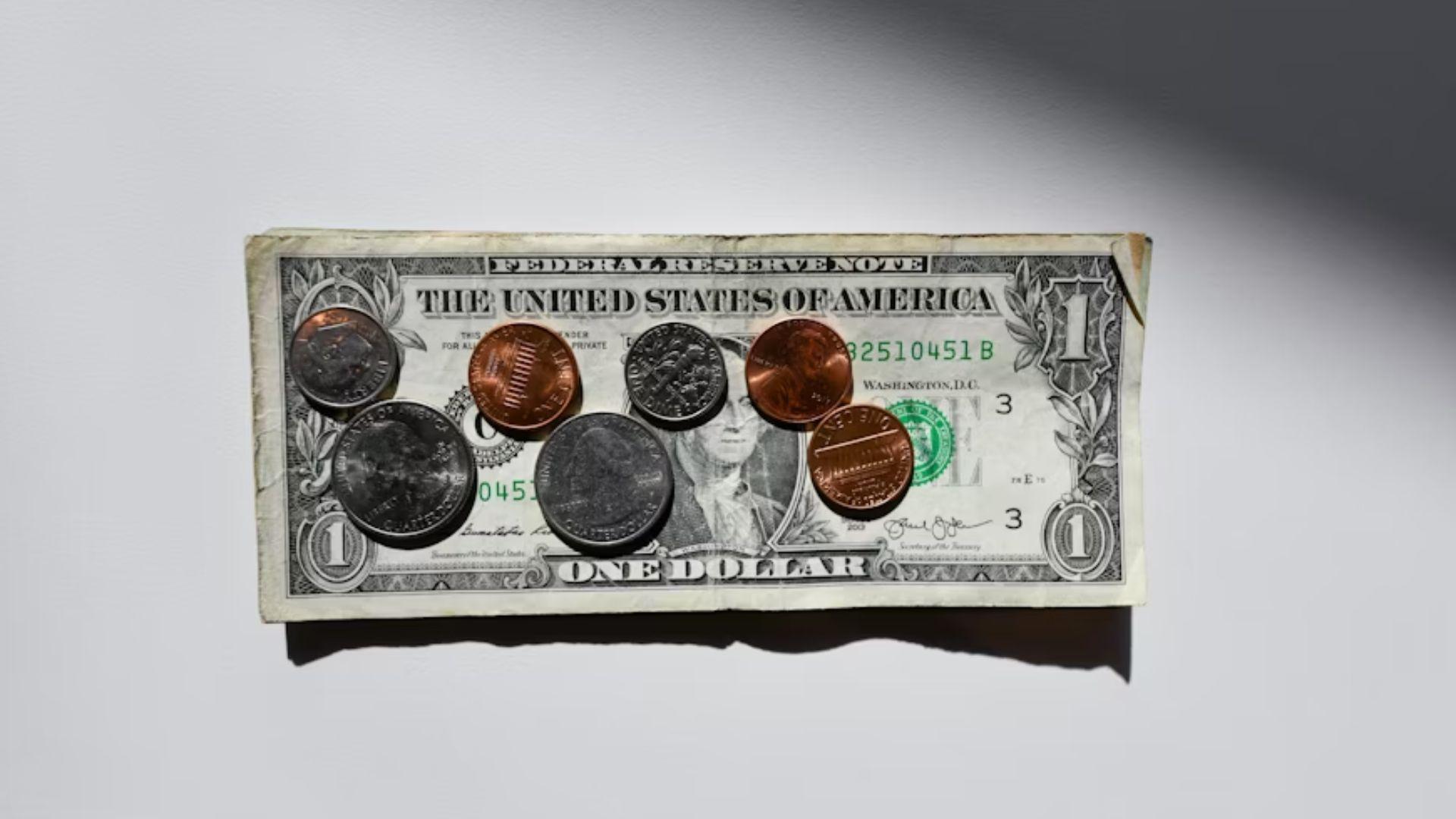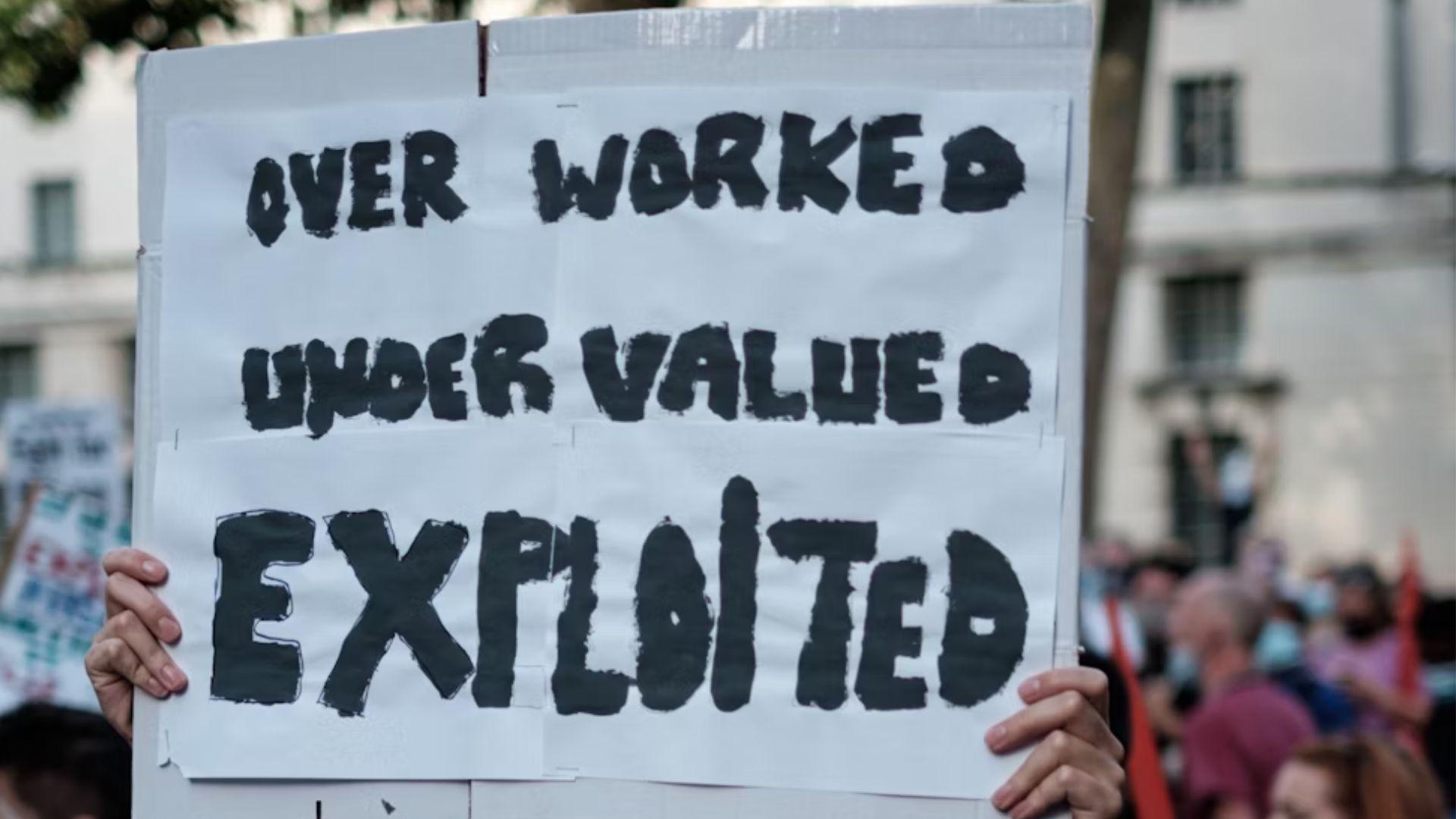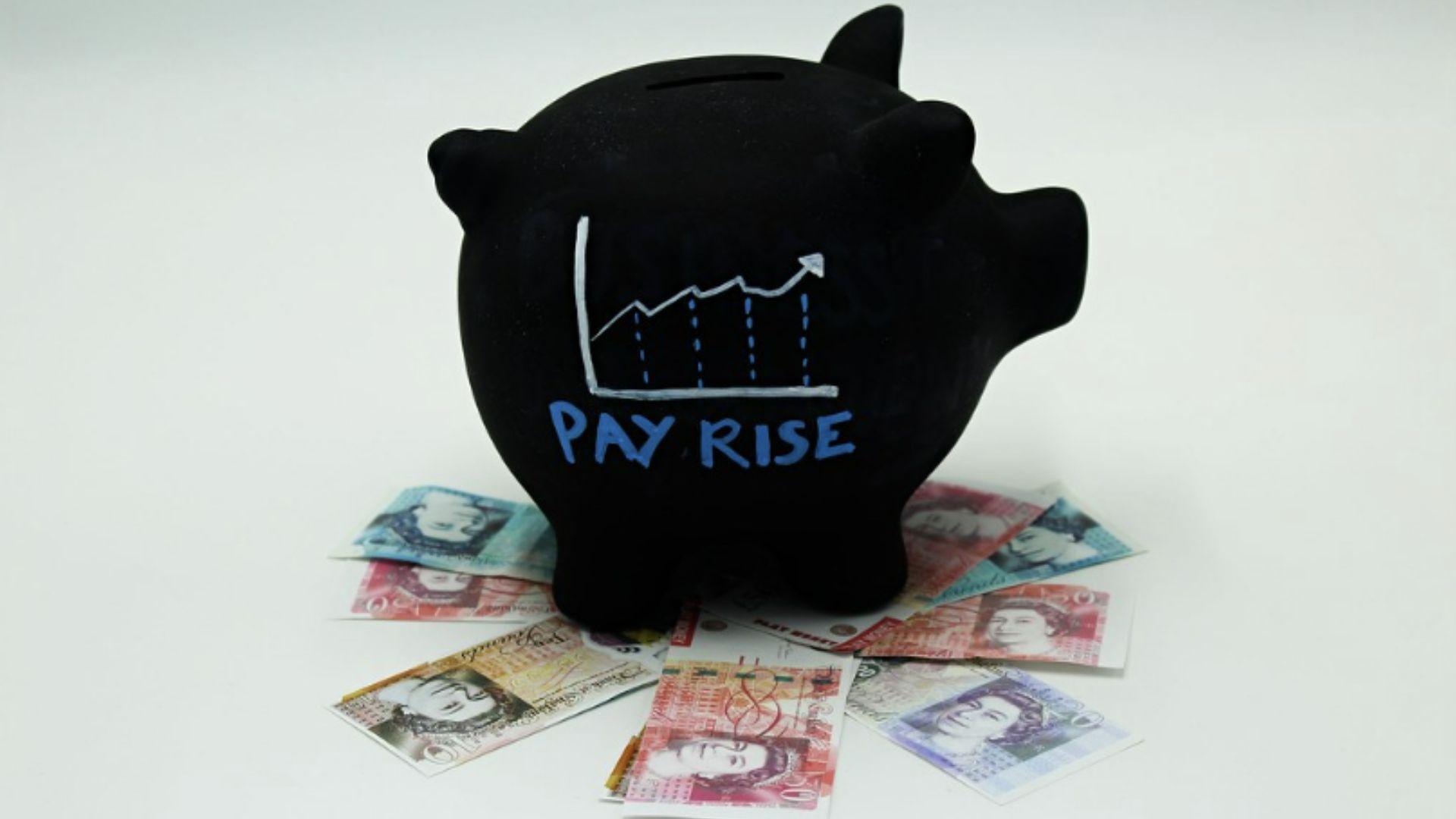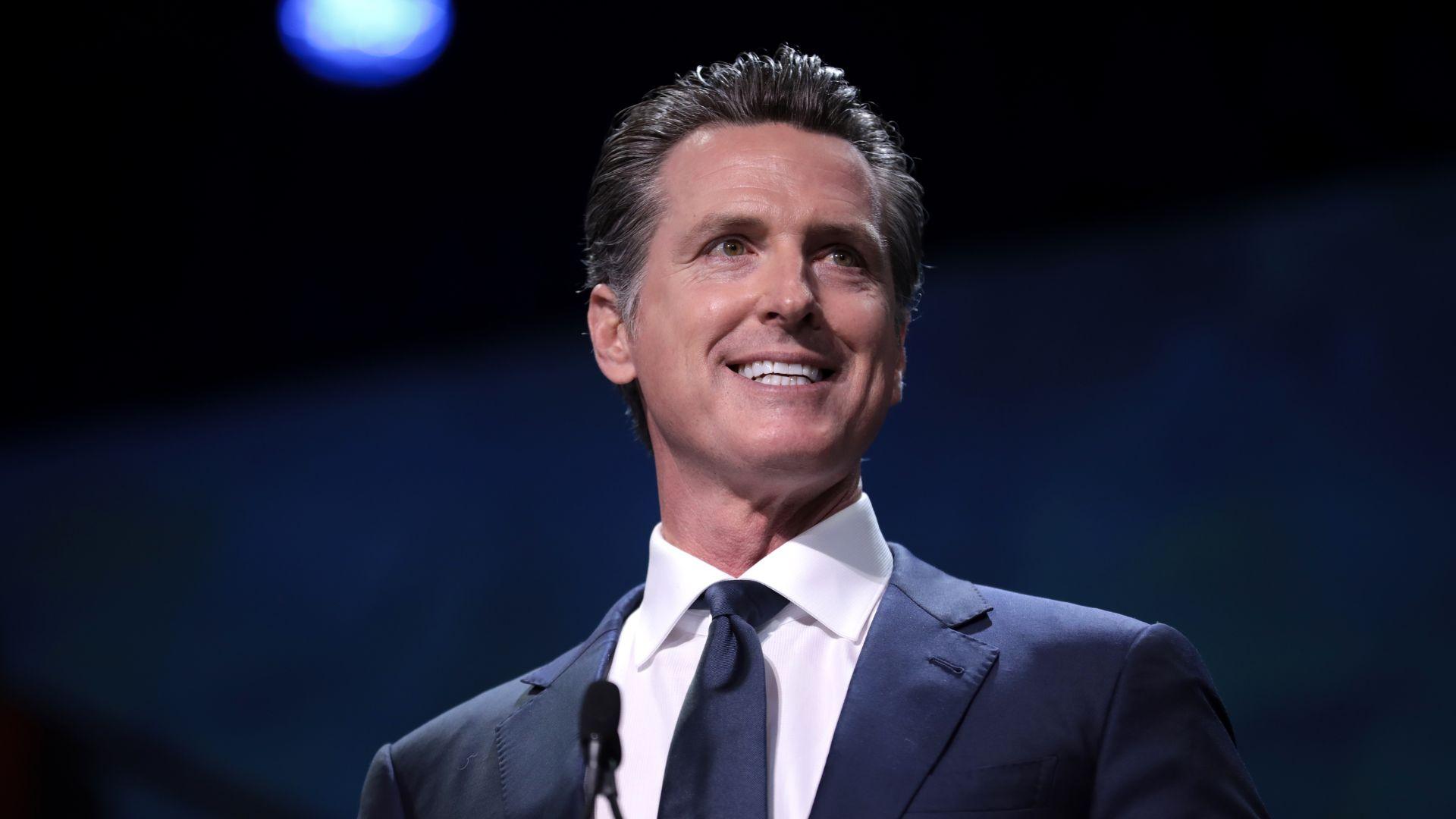A new proposal, known as Proposition 32, would see approximately two million Californians receive a raise if it were passed by voters in November.
The proposal, spearheaded by activist and investor Joe Sanberg, would see the statewide minimum wage increase from $16 an hour to $18 by 2026.
Some Cities Are Ahead of The Curve

Certain fast-food workers in California already enjoy a minimum wage of $20 an hour, while healthcare workers are set to see their minimum wage progressively rise until it reaches $25 per hour.
Meanwhile, Berkley, San Francisco, and West Hollywood have already raised their minimum wage to over $18 an hour.
Meet The Man Behind The Measure

Leading the effort to increase the statewide minimum wage is multi-millionaire activist and investor Joe Sanberg who has contributed nearly $11 million to the effort.
“This measure passing will mean three meals per day instead of two meals per day,” Sanberg said. “Or the ability to pay for important healthcare, rent or clothes. Every dollar matters.”
Who Will Get A Raise – And Who Needs One?

Among the lowest earners in California are child-care providers, school staff, retail and grocery store workers.
Sanberg claims that the measure would lift the wages of two million Californians. Despite this, the proposed legislation has not enjoyed universal support from Unions.
Who Are The Bill’s Opponents?

Many of the state’s most powerful unions have failed to support Sanberg’s proposal, with disagreements over the best strategy to ensure wage increases taking place behind the scenes. The anti-poverty group One Fair Wage expressed fears that the proposal could hurt future efforts to raise wages.
Several progressive organizations wrote to Sanberg in opposition to his efforts, declaring, “that while $18 is a step forward, $20 has become the new standard.”
When Was The Minimum Wage Last Changed?

The last time the statewide minimum wage was changed in California was in 2016, when Governor Jerry Brown signed into law legislation that increased it to $15 an hour and pegged the rate to inflation.
While California’s minimum wage is one of the highest in the country, many fear it is still too low. While the current California minimum wage works out to a full-time salary of $33,000 a year, the cost of living in the state is approximately $53,082 a year.
Social Media Reacts

Reaction to the proposal was mixed on social media. One X/Twitter user said the legislation would “drive out more businesses and create more private sector unemployment,” while another said, people would be “more likely to lose [their] job than profit from this crazy legislation.”
However, another Twitter/X user said opponents of the legislation had fallen victim to “right-wing propaganda”. Last year, Sanberg himself noted on Twitter that “If the minimum wage had increased at the rate of productivity since 1960, it would be about $27 today.”
Other Ballot Measures

In November, Californians will vote on an eclectic range of proposals. These include, Proposition 3 – which would remove archaic language defining marriage as being between one man and one woman – and Proposition 4 – which would allow $10 billion extra borrowing to address climate disasters.
Additionally, they will have to decide on Proposition 33 – which would allow cities and counties to enact rent control – and Proposition 34 – which would ensure healthcare providers spend most of their revenue from federal prescription drug discount programs on direct patient care.
Recent Minimum Wage Legislation

This Spring, California fast-food workers working for large chains saw their minimum wage increase from $16 an hour to $20 – sparking strong displays of opposition and support from business leaders, unions, and activists alike.
Meanwhile, Governor Gavin Newsom recently delayed the implementation of a pay rise for healthcare workers in an attempt to improve the state’s multi-billion-dollar deficit.
Minimum Wage Debate Heats Up

In recent weeks and months, experts have debated the impact of changing minimum wage laws in California. The California Business and Industrial Alliance (CABIA) claimed thousands of jobs would be lost as a result of increasing pay for fast-food workers.
However, Michael Reich, UC Berkeley Chair of the Center on Wage and Employment Dynamics, said that evidence demonstrates that increasing the minimum wage lowers turnover, increases employment, and makes employee recruitment easier.

